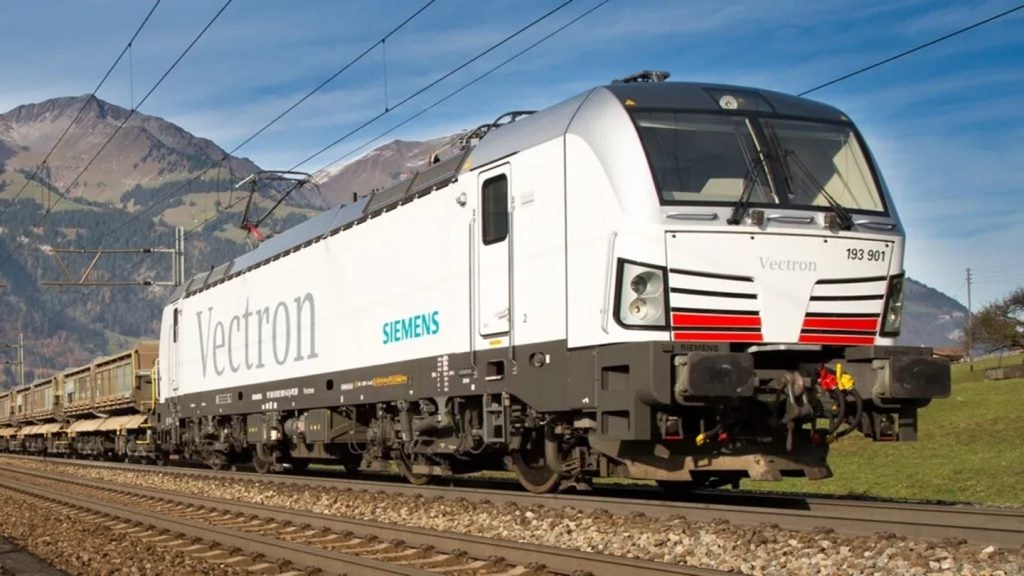Rail scales train scales and solutions for locomotive weighing: Introduction
In the complicated and global industry of rail transport, precision in weight measurement is not just a matter of compliance.
It is, in simple terms, a cornerstone of operational efficiency and safety.
Rail scales, an integral component of this sector, are pivotal for businesses that rely on rail for the transportation of goods.
Our professional buyer’s guide has been researched and compiled to provide companies with invaluable insights and information.
We have aimed to include content that will help buyers understand the industry landscape and make informed decisions when selecting rail scales and locomotive weighing solutions.
See Also:
Who can benefit from rail scales
A wide range of industries can benefit from the use of rail scales.
These include mining, agriculture, manufacturing, logistics, and Waste Management operations, among many others.
Professionals such as fleet managers, maintenance personnel, and compliance officers will also find this guide valuable as the look to ensure their operations meet industry standards and regulations.
Key considerations: Selecting rail scale options
When sourcing rail scales, it is imperative to consider several critical factors, while also incorporating unique operational requirements.
These considerations include, but are not limited to:
Accuracy and Compliance
Buyers shoult take the time to ensure that any considered rail scale delivers precise measurements.
It should also comply with all relevant industry standards.
Durability and Reliability
Any rail scale should withstand harsh environmental conditions, which can vary greatly.
They should also be guaranteed to maintain a consistent level of performance over time.
Integration Capabilities
Compatibility with existing systems and Software is crucial for seamless operations.
This saves both time and money, as well as ensuring operational consistency.
Service and Support
A vendor that offers comprehensive after-sales support will minimise downtime and extend the lifespan of the equipment.
Buyers should select companies that demonstrate their commitment to this.
Cost-Effectiveness
Evaluating the total cost of ownership, including installation, maintenance, and potential savings from accurate weight data.
Industry-leading rail scale systems and solutions
When exploring rail scale options, there are many solutions on the market.
Some of the leading systems include, but are not restricted to:
- Static rail scales for precise weighing of stationary railcars
- Dynamic rail scales for weighing in motion, enhancing throughput
- Portable rail scales for flexibility and convenience in various locations
- In-motion axle scales for high-speed weighing applications
- Full-draft weighing systems for comprehensive weight data
- Coupled in-motion systems for continuous weighing of connected railcars
- Weighline rail scales for integration into existing track infrastructure
- Pit-type scales for permanent installations in dedicated facilities
- Above-ground scales for ease of installation and maintenance
- Railcar balancing systems for optimising load distribution
- Automated ticketing systems for streamlined data management
- Wireless data transmission for remote monitoring and reporting
- Solar-powered scales for sustainable and off-grid operations
- Custom-engineered solutions for unique industry requirements
Latest technological advancements in rail weighing
The rail scale industry is witnessing a surge in technological innovation.
Many of these advancements are specifically designed to enhance accuracy, improve efficiency, and upgrade data integration.
Some of the latest and more relevant developments include, but are not limited to:
- Advanced load cell technology for superior measurement precision
- Real-time data analytics for informed decision-making
- IoT integration for smart monitoring and predictive maintenance
- Machine learning algorithms for dynamic calibration and error reduction
- Robust software platforms for comprehensive weight data management
By staying aware and informed of these technological trends, companies can leverage rail scales to gain a competitive edge in their respective markets.
Rail scales and solutions for locomotive weighing: Our conclusion
Selecting the appropriate rail scale is a strategic decision that can significantly impact a rail company’s operational efficiency and regulatory compliance.
By considering the factors outlined in this guide and exploring the various systems and solutions available, businesses can ensure they invest in a rail weighing system that meets their specific needs and supports their long-term objectives.






